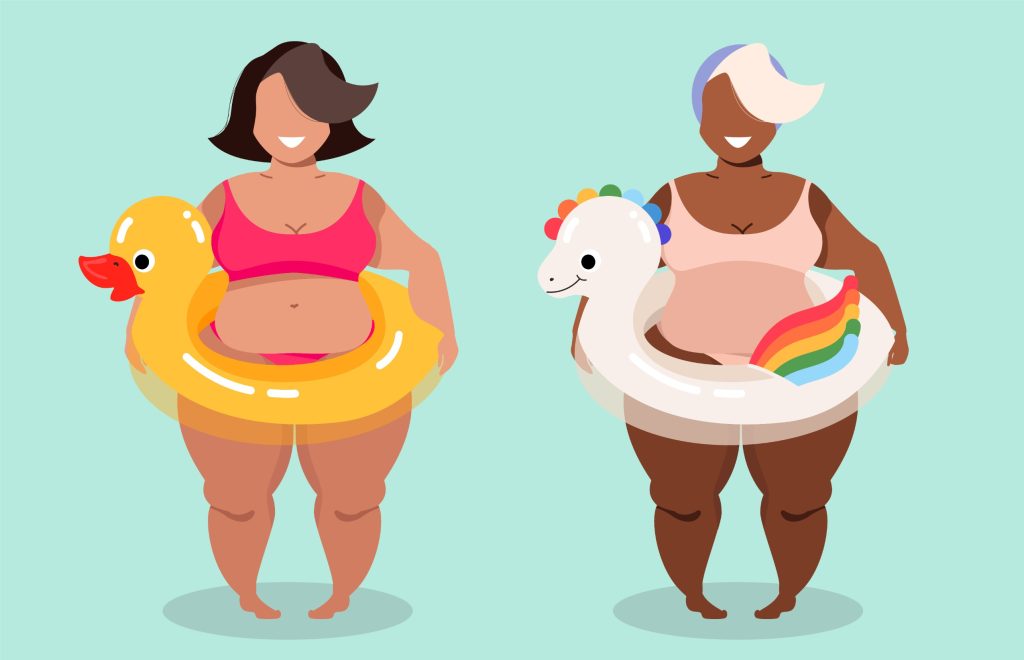Food Addiction vs. Eating Addiction

Does it make a difference whether obesity is the result of addiction to food or addiction to eating? Yes, it turns out, it makes a great deal of difference.
In theory, food cannot be addictive. Some people talk about sugar addiction, but no one sits down in front of the video screen with a five-pound sack of sugar and consumes it. The addiction to sugary snacks is in the brain, not in the sugar. It is the inability to control the urge to consume that is the root of eating addiction, according to a study published in the scientific journal, Eating and Weight Disorders:
Understanding and targeting the behavioral and psychological precursors to compulsive eating behaviors is essential as a means of facilitating control over food intake to mitigate obesity.
Whether obesity is the result of food addiction or eating addiction matters a great deal. A 2019 survey published in Proceedings of the Nutrition Society found that “controversy exists about if this phenomenon is best defined through paradigms reflective of Diagnostic and Statistical Manual of Mental Disorders (DSM-5) substance-related disorders (e.g. food addiction) or non-substance-related disorders (e.g. eating addiction) criteria.”
Eating addiction is exacerbated by processed food manufacturers who design their products to be incredibly appealing in taste, smell, and texture using ingredients high in sugar, salt and fat. The pleasure that comes from eating tasty food briefly repels the stress and anxiety of day-to-day living. For some people, overeating is the way they cope with the stigma of obesity. Here is the seven-part description of binge eating disorder (not binge food disorder) from the Proceedings of the Nutrition Society survey:
- consuming a quantity of food that is larger than what is considered normal in a discrete period of time
- a sense of lack of control
- eating faster than normal
- continuing to eat despite feeling uncomfortably full
- eating despite not being hungry
- eating alone
- feeling disgusted with oneself, depressed, or very guilty after eating
The anxiety, the guilt, the lack of control, and the inability to set boundaries are not a result of the ingredients in the food. People suffering from eating disorders need to change their lives, change the ways they cope with stress, and avoid situations that trigger a need to displace nervous energy through eating.
A study is being conducted at the University of California, Los Angeles (UCLA), to test the effectiveness of a self-directed behavior modification app, called BrainWeighve, for weight loss. BrainWeighve helps users cope with difficult urges, problem foods, and stressful situations without turning to eating.
The BrainWeighve study is open to teenagers 14-18 years old living in the Los Angeles area. If you know someone who might be interested, we encourage you to apply through this link. Dr. Robert Pretlow, publisher of AddictionNews, is a pediatrician involved in the UCLA study.
Written by Steve O’Keefe. First published March 7, 2024.
Sources:
“Reconceptualization of eating addiction and obesity as displacement behavior and a possible treatment,” Eating and Weight Disorders, June 2022.
“Food addiction, eating addiction and eating disorders,” Proceedings of the Nutrition Society, 2019.
“Sugar and the ‘A’ Word,” AddictionNews, January 19, 2024.
Image Copyright: hellolenalapina.




